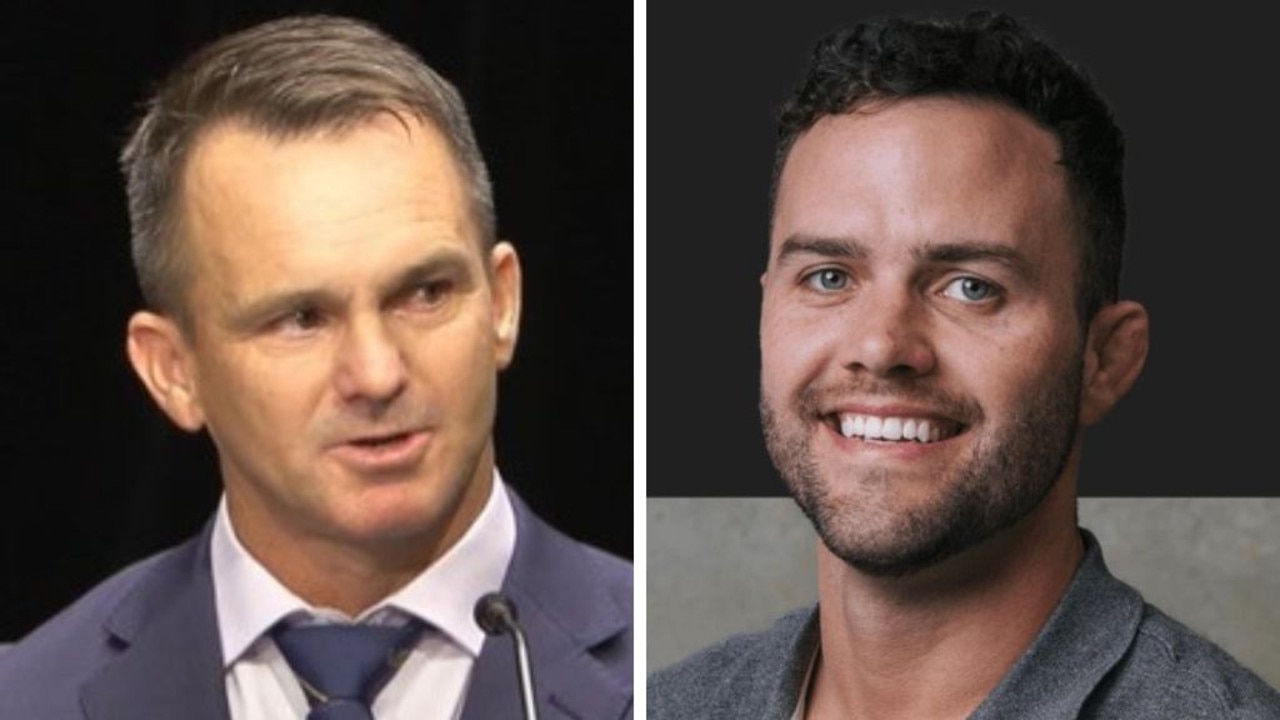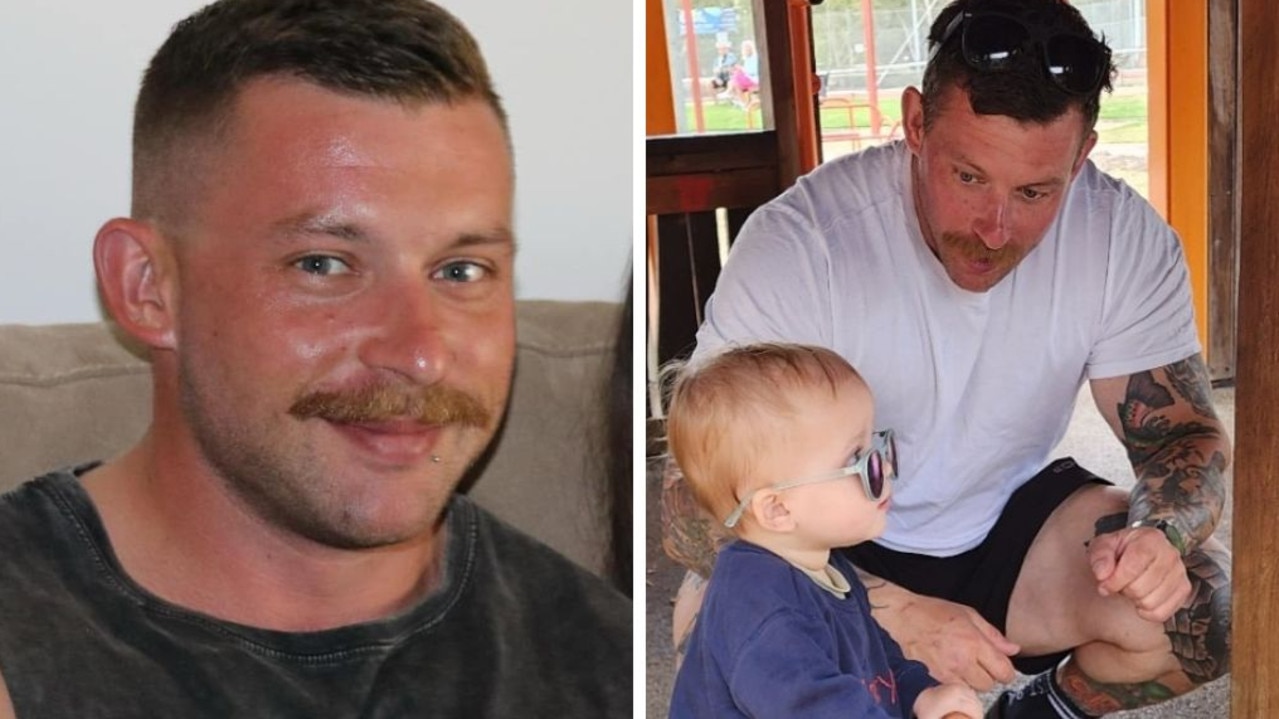Dr Zac on how to help child with ADHD concentrate at school
An Aussie mum has described the moment another school mum approached her at the school gates with an accusation about her child.

Welcome to Ask Doctor Zac, a weekly column from news.com.au.
This week Dr Zac Turner looks at how attention deficit hyperactivity disorder.
QUESTION: Hi Dr Zac, I am relieved my children are back in school but now I am worried they aren’t paying attention in class. They rarely seem to be able to sit down in one spot for longer than thirty minutes. Do you have any tips to help aid my children’s concentration and boost their productivity? I had a rather nasty conversation at the kiss and go where a parent suggested I look into whether my children have ADD. – Denise, 48, WA
ANSWER: Thank you for your question, Denise. There’s a lot of confusion in the parenting world about ADD (attention deficit disorder) and ADHD (attention deficit hyperactivity disorder) and I think it’s best I clear it up so there’s no more awkward conversations at the kiss and drop again.
Today, there is no ADD vs. ADHD, they are conditions considered under the same umbrella. The stereotype that a person with ADHD is boisterous, outspoken, and a risk taker is very outdated. Many people with ADHD, especially young girls and women, live with a quiet, spacey form of the condition that is often misunderstood and undiagnosed.
RELATED: Doctor reveals perfect hours of sleep

ADHD is the official medical term for the condition. ADD is now an outdated term that is typically used to describe inattentive-type ADHD, which has symptoms including disorganisation, lack of focus, and forgetfulness. People with inattentive ADHD are not hyper or impulsive.
There is more to the condition than the primary, and well known, symptoms of impulsivity and inattention. The majority of the symptoms may not be as obvious, and once recognised these can help diagnose your child better.
Children with ADHD often have difficulty processing information as they struggle to slow down their brains and process information accurately. They also struggle to regulate their emotions and find themselves frustrated very easily. Planning and organisation can also be difficult for a child with ADHD.
If your child is energetic and finds it hard to sit still, they may be displaying some of the signs of ADHD. But if they are also able to control their impulses and emotions, pay attention, and respond appropriately in school and at home, they are probably just an energetic individual, and not affected by ADHD.
RELATED: Doctor reveals one food to avoid spots

Now that is all cleared up, let’s go through why diet and behaviour are closely linked and how a few simple food choices can help settle your children. Studies have shown that eating foods high in protein, controlling sugar intake, and avoiding artificial additives can go a long way towards managing ADHD symptoms naturally.
Walnuts are full of Omega-3s which help control behaviour and improve memory. Bananas and black beans are rich in magnesium which helps with sleep and relaxation. And guess what? Popeye was right, spinach does boost iron levels – that helps stave away ADHD symptoms.
Vitamin C, found in citrus fruits, is a powerful antioxidant and is necessary for production of the neurotransmitter norepinephrine, which is responsible for controlling attention and responding actions.
I also recommend you limit your child’s time watching television and playing video games as it has been studied that frequent changes of camera and focus may actually program a short attention span. Television and video games also take children away from activities that are more active, multi-sensory and intellectually, socially and emotionally nourishing.
For a child with ADHD, there is much more involved than simply being active and full of energy. Any time you have concerns about your child’s development, it’s always a good idea to check in with your paediatrician and not take the advice of parents at the kiss and drop!
Dr. Zac Turner has a Bachelor of Medicine and Bachelor of Surgery from the University of Sydney. He has worked as a Registered Nurse, both in Australia and internationally and is also a qualified and experienced biomedical scientist. | @drzacturner




